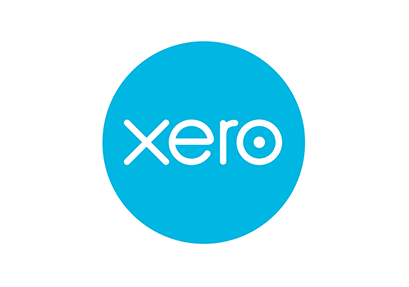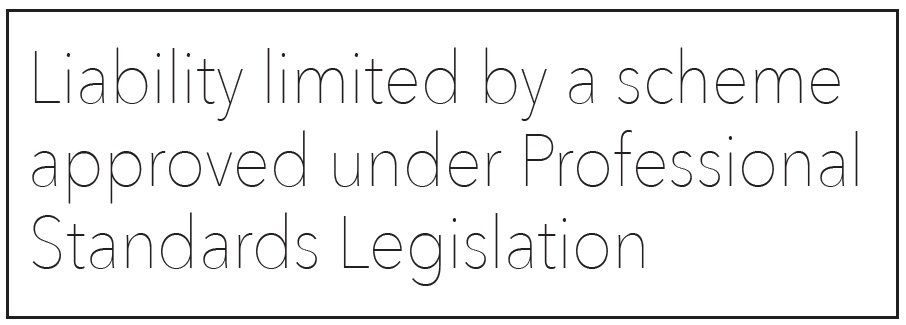Cash Flow is King

Money makes the world go and as we are all aware it is the only way that a business can survive. Success or failure of a business relies on the management of cash. This is why it is so important from the very beginning of a business to monitor and have a really good handle on cash reserves.
Maintaining a healthy cash flow is important for every small business, regardless of the industry that the business operates in or type of business structure that the business operates through. Once your business first experiences a cash shortage or timing flows which cause you to miss bill payments or render you unable to cover expenses, it can be difficult to consistently keep your business in the black or to keep it afloat. Sometimes the proprietor propping up a business when cash shortages are experienced can only be a short term measure for a long term shortcoming if not addressed immediately.
Seasonal businesses such as wool growing, sheep grazing and Broad acre farming and beef cattle grazing create an added complexity. Meaning that the cash flow is not regular and the amount is unknown. These variables make budgeting and cash flow challenging but not impossible. It just means you have to monitor markets, exchange rates and the elusive weather.
The following points will help you improve the day-to-day flow of money in your business so you have cash on hand when needed:
1. Stay on Top of Your Books
One of the quickest ways to lose control of your business finances is by failing to track money coming in and going out. Record both the cash receipts and payments regularly, and make a habit of checking what money is owed to you and who and how much you owe on a weekly basis. If you employ staff, then looking at your staff obligations as well will provide a snapshot of what your short-term cash flow needs will be. If you don't have time or staff available to manage your books, enlist the help of a bookkeeper who can make sure your books are reconciled every month. There is no point putting off jobs for your business because you have to do the books. It is important that new business proprietors look at the most efficient and effective use of money and time. Sometimes we should all stick to what we are good at and get assistance for those that we are not so good at.
2. Send Invoices Promptly – Email can speed this up
It is difficult to get paid if your customers are not being invoiced in a timely manner. Make invoicing one of the first things you do at the completion of a project or when goods/services have been delivered to your customer. With today's technology tax invoices should be able to be emailed through as soon as the job is completed. This tax invoice should have account details so that payment can be transferred there and then. It is also common place to have credit terms of 7 days. This is not realistic terms because when you look at the time frame for payment for your suppliers you will see that they are probably 7 days as well. As noted above review all open sales orders or jobs at least twice a month to make sure that a completed job has not been overlooked.
3. Create a strict Accounts Receivable Process
How do you track money owed to your business? It is important to keep on top of this area because in essence this is your lifeline. At the commencement of your business or NOW if you have not addressed this area of concern, you need to formulate a credit policy. This will include your terms of trade and what are the steps taken if the client does not pay on time. These steps may involve advising the client that you are going to impose an administration fee on accounts which remain outstanding beyond your terms of trade. Create a timeline for your accounts owing process so you know when you may need to call in outside reinforcements, such as a collections agency.
4. Get Rid of Unnecessary Expenses
It is important that you actively conduct a review of your business costs on a regular basis to see what can be cut or adjusted. Sometimes expenses can just go haywire and you need to look at them – expenses like sponsorship and advertising in small country towns can get out of hand especially when all the clubs approach you at varying times. Without actively looking at this cost you would not be aware of how much is being spent in this area. Even if there aren't many expenses you can eliminate completely, you may be able to work with vendors to change due dates so bills coordinate better with money coming into the business.
5. Offer Your Customers Multiple Payment Options
One way to help your customers pay on time is by offering several different options when it comes to paying invoices. At a minimum, consider taking payment by cheque and credit card or debit card. You can also make it easier for customers to pay you by providing an online payment option. When deciding whether to have an eftpos machine available at your business please weigh up the usage to the cost of convenience of having the machine. Again with technology and most people having a smart phone providing online bank account details might be an easy solution.
6 . Payment in Advance for Project Work or large engagements
If you work on a project basis or for large engagements, it is always a good idea to require a portion of the total cost in advance. This means that you will have the money available for the initial costs and will avoid you having to fund the project from your own cash reserves. On large engagements or projects you should agree to terms in a written contract so that additional payments are due during specific milestones of the project. This helps you avoid having the bulk of the payment due at the end of the project.
7. Limit Inventory
If your business has inventory, you should look at the products you have in stock on a regular basis. To more effectively manage inventory determine which products do not sell quickly and only carry enough of those products to meet current customer demand. Inventory consumes cash and requires storage which costs money in the form of floor or shelf space. For slow moving stock perhaps consider having a sale or a special discount day on those products. You cannot possibly hold every product that your customer may need but if you can get it within 24 hours I am sure that is acceptable.
8. Use Payment Terms That Give You Breathing Room
One way to improve cash flow is to negotiate terms that shorten the collections cycle while extending the payment cycle. For example, ask your customers to pay you in 14 days or less while getting your suppliers to accept payment in 21 days or longer. The more effectively that you can employ this strategy, the greater likelihood of having sustainable positive cash flow.
9. Consider a Business Overdraft or Line of Credit
Another source of cash can be a business overdraft or a line of credit (LOC) with your financial institution. In addition to business credit cards, financial institutions will often provide a LOC that is secured by the assets of the business (i.e., equipment, inventory, receivables). It is important that you have the right funding needs and bank account to meet the needs of your business. However please note that a start-up business is not going to be given the benefit of an overdraft and therefore needs to develop good business practises and a strong working relationship with their financial institution. Having both these elements will only enhance the business. Although everyone is in business to make a living, sometimes you need to lean on the services that are available to you to help your business go from strength to strength.
10. Anticipate and Plan
Sometimes life throws you a curve ball that you just were not prepared for and this causes your business undue stress but most times you are aware that things might need replacing or that you are going to incur a large cost. You may not be able to anticipate all business needs, but you can make assumptions on some major expenditure. For example, if you know you are going to need to replace equipment in the near future, make sure you are setting aside funds to cover that expense well in advance. If you are putting money aside then make sure that your money is working for you. That is put the money into an account that is at least getting some interest. Remember that there is no point having money sitting in a savings account earning 0.05% interest whilst your business account is constantly incurring bank overdrawn fees. This would not be a wise use of your money.
With a little forethought and planning you can keep your cash flow healthy so your financials stay strong for the life of your business.
Meet The Team
Latest News | RSS
West Currie Consultants Blog
Contact / Connect
 Reckon Partner
Reckon Partner
 MYOB
MYOB
 Xero
Xero
 CPA
CPA
 Liability
Liability
 NTAA
NTAA
 Partner Logo Name
Partner Logo Name


